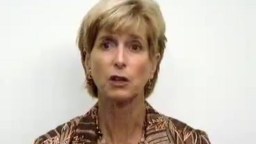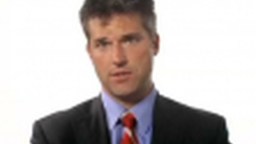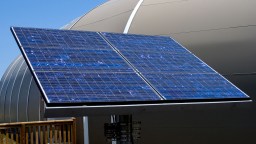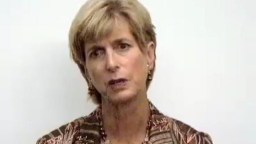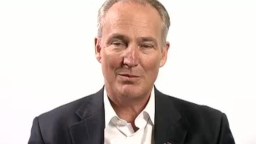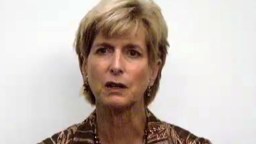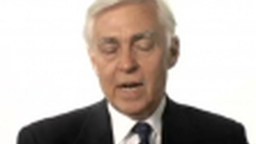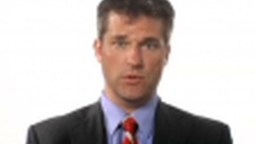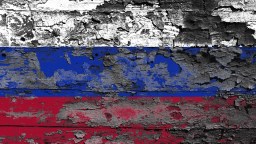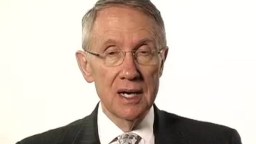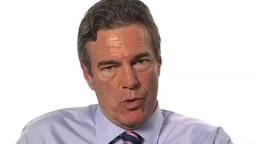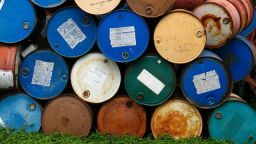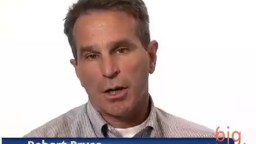This essay describes a model for urban development that takes into account and makes use of the externalities that exist in the built environment. Buildings and the people that inhabitat them makes neighborhoods and vice versa the value of a building is in its locations. How can better frame this relationship between an object and its environment? How can develop strategies for a integral area development that learn from the best global examples?
Search Results
You searched for: energy
Christine Todd Whitman makes the case for nuclear.
▸
1 min
—
with
Scott Kleeb forsees a solution to many problems in reducing our dependency on foreign oil.
▸
5 min
—
with
Michael Bloomberg is the founder of the financial media company Bloomberg LLC and was elected the mayor of New York City in 2001. In his plan of action for the next president’s first 100 days, Bloomberg advises against a “legislative run,” and encourages action on all fronts—from immigration to education to energy. The economy, and renewed confidence in it, must be at the top of the agenda. In the long term, Bloomberg wants to see a system that takes advantage of bipartisan relationships and respects the intelligence of the American people.
The deserts of the world could provide enough electricity for vast populous regions of the world and do it in a clean and sustainable way—at least until the sun explodes […]
▸
1 min
—
with
“Clean and Safe Energy” is an organization dedicated to bringing Americans the facts about nuclear energy.
▸
3 min
—
with
From the credit crunch to the energy crisis, American car manufacturers must weather what Taylor calls a “perfect storm.”
▸
2 min
—
with
Oil will not solve our energy problems, but the government should listen to the states that would consider drilling from their coasts.
▸
1 min
—
with
Cliff Schorer says energy is a hot area right now.
▸
1 min
—
with
If agriculture is going to help solve the energy crunch, Scott Kleeb says we need keep farming affordable for farmers.
▸
4 min
—
with
Europe’s reliance on Russian energy is a major consideration, says James Goldgeier.
▸
1 min
—
with
It’s time for the U.S. to get serious about alternative energy.
▸
6 min
—
with
If we’re to focus on speculation, Reid knows the first place to look.
▸
2 min
—
with
Not much of substance has been said on either side, says Hackett.
▸
3 min
—
with
Bryce talks about the holy grail: super batteries.
▸
5 min
—
with
The market is hopelessly interconnected, Bryce says, and the conflation of oil and terrorism is a false one.
▸
7 min
—
with
An underserved and hungry couple billion.
▸
1 min
—
with
Klare is intrigued by solar energy but says that we are still far from making it an economically feasible alternative.
▸
3 min
—
with
We are more reliant on petroleum than any industrialized country.
▸
4 min
—
with
How is the race for resources changing the global order?
▸
3 min
—
with
For better or for worse, we’ve built an economy based on extracting fossil fuels, Hackett says.
▸
7 min
—
with
None of the above, Bryce says.
▸
3 min
—
with
Have you ever wondered what the fabric of spacetime is made of? I have. It seems most elusive to scientists. Honestly, from what I can tell, no one has really […]
It takes water to produce energy, and vice versa.
▸
3 min
—
with
